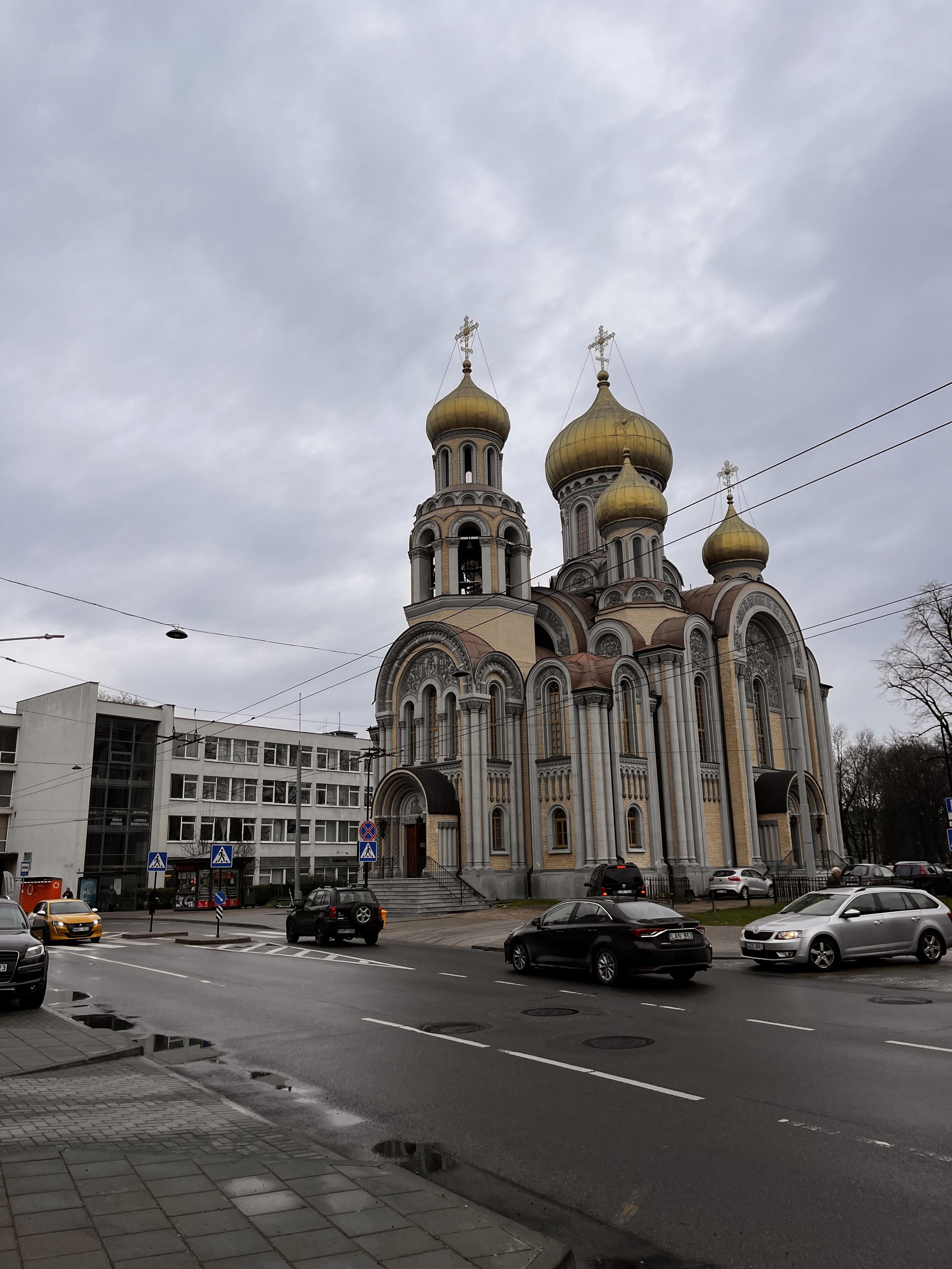French-to-English and Russian-to-English Translations
in Fiction, Poetry,
Self Help,
Spirituality,
the Social Sciences, Humanities, Marketing |
Transcreation | Research

Crown-Weber LLC is a venture run by Stephan Crown-Weber, who is building on eight plus years of professional translation experience. I am a Kentucky USA-born and -based Princeton AB and Indiana MA (with degrees in French literature and comparative literature in 2010 and 2015). My senior thesis at Princeton was on generative literary constraints in Georges Perec’s novel(s) La Vie mode d’emploi (and its English translation, Life a User’s Manual, tr. David Bellos, who was my thesis advisor). My master’s thesis challenged W.V.O. Quine’s concept of the “intedeterminacy of translation,” offering a number of test cases that I drew from science fiction and literary realism.
After spending years of my life abroad, I bring to your projects an openness to a profusion of different timefully wielded translation and transcreation philosophies. My solutions to translation quandaries often immediately cohere from the productive tension between dozens, hundreds, or thousands of different parameters when I look at a document. I currently offer French-to-English and Russian-to-English services in literary translation, social sciences translation, literary studies translation, self-help translation, marketing translation, as well as services in international business transcreation. (See more on the Services/Contact page.)
As you may gather from my Active Pitches, the fiction and poetry projects I am most drawn to often have emerged well before their time, ostensibly from the eighteenth century especially but also up to the present. They frequently hint at a world and episteme that have faded out of view, with a few exceptions proving the rule dealing with the vertiginous infinite regress of simulation in postmodern life. I prefer to translate works full of heroism, adventure, and the sublime intensity of the elements—especially depictions of personal reality approaching the heights of folly, true love, or transcendent hatred.
On my Blog, you will find more of my thoughts on the theory and practice of translation.
Endorsements:
“We have worked with Stephan regularly over a five-year period. Conscientious and insightful, he has a flair for revealing nuances in difficult French source texts.” – Mark Mellor, Cadenza Academic Translations (comments viewable on LinkedIn)
“Stephan did an exceptional job translating some very difficult and archaic works from the 18th century for me. He is a grammatical master! I am very pleased with the results and highly recommend him. He is an outstanding French translator.” – Rita Bertolli, New Broadcast Media, (comments on Upwork)
The Canebrake Method
Someone once asked me what my approach to translation is. I thought of the cane I was walking past.
Canebrake is a word almost never heard outside the Southern US that means bamboo grove. A brake comes from the Old English word for a thicket. Cane is any sort of plant with a woody stem. The word brings to mind classic texts and time-tested style—all the more so because it is a play on the concept of breaking Cain. It spells out the Biblical conviction from the book of Genesis that some nearly original sin can be overcome, that Cain, who is the son of the first man and first woman in history and the murderer of his brother Abel, can be defeated. All of my projects begin with that intense, mystical sense that there is sin in the world, me facing the deep sinfulness of being a fraud who has to prove myself and redeem the document in a new language. True to my conviction that the past need not control us and even that Cain need not have killed Abel, I join in brotherhood with the project and try to end the sense of grievance I have with it.
The stems in a stand of cane are generally crooked. They remind me that source texts have texture and that a destination text often needs to look a little kinked to even begin to seem native. Every stem and stand is unique, for that matter. -
-Stephan Crown-Weber (he/him)

